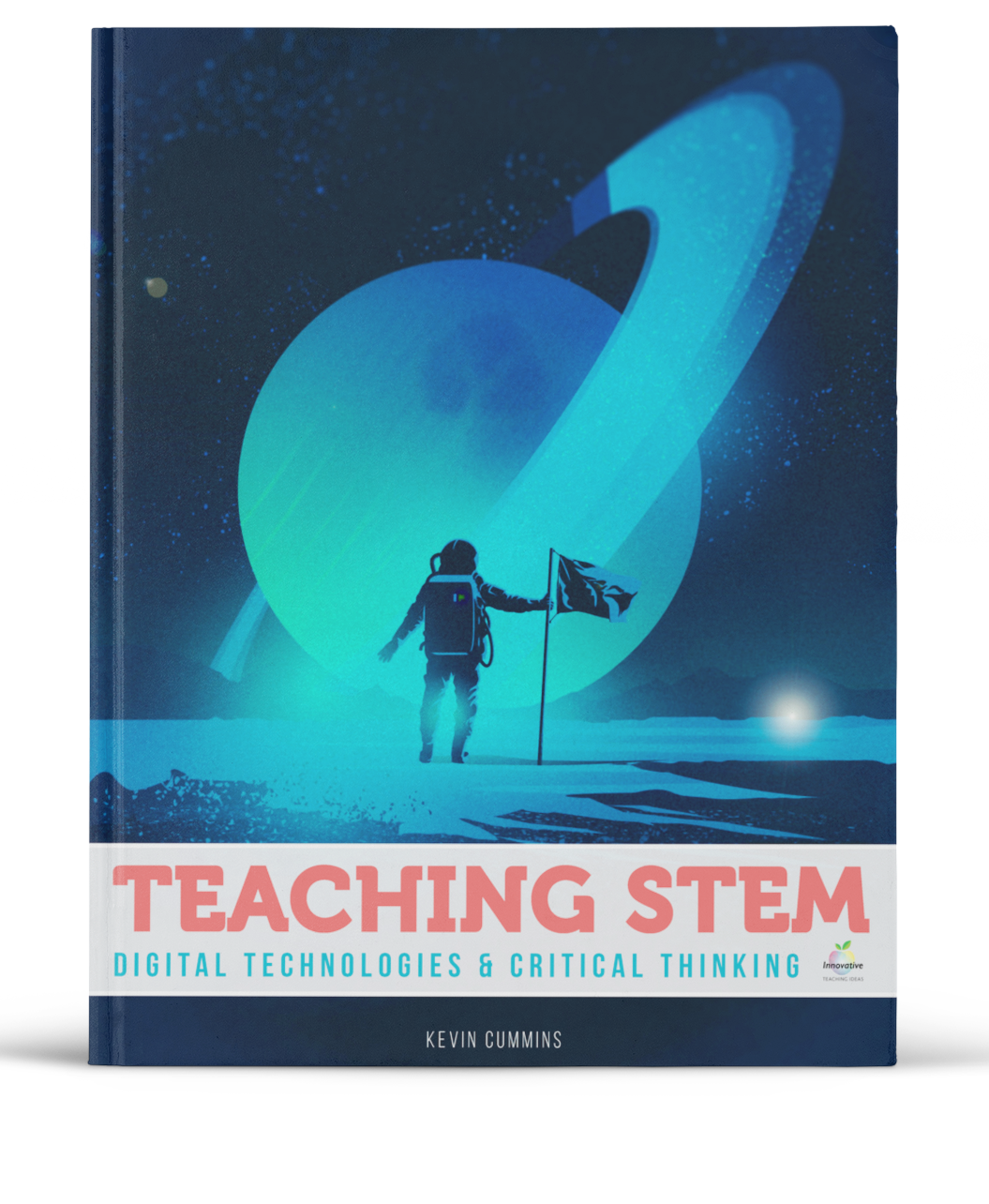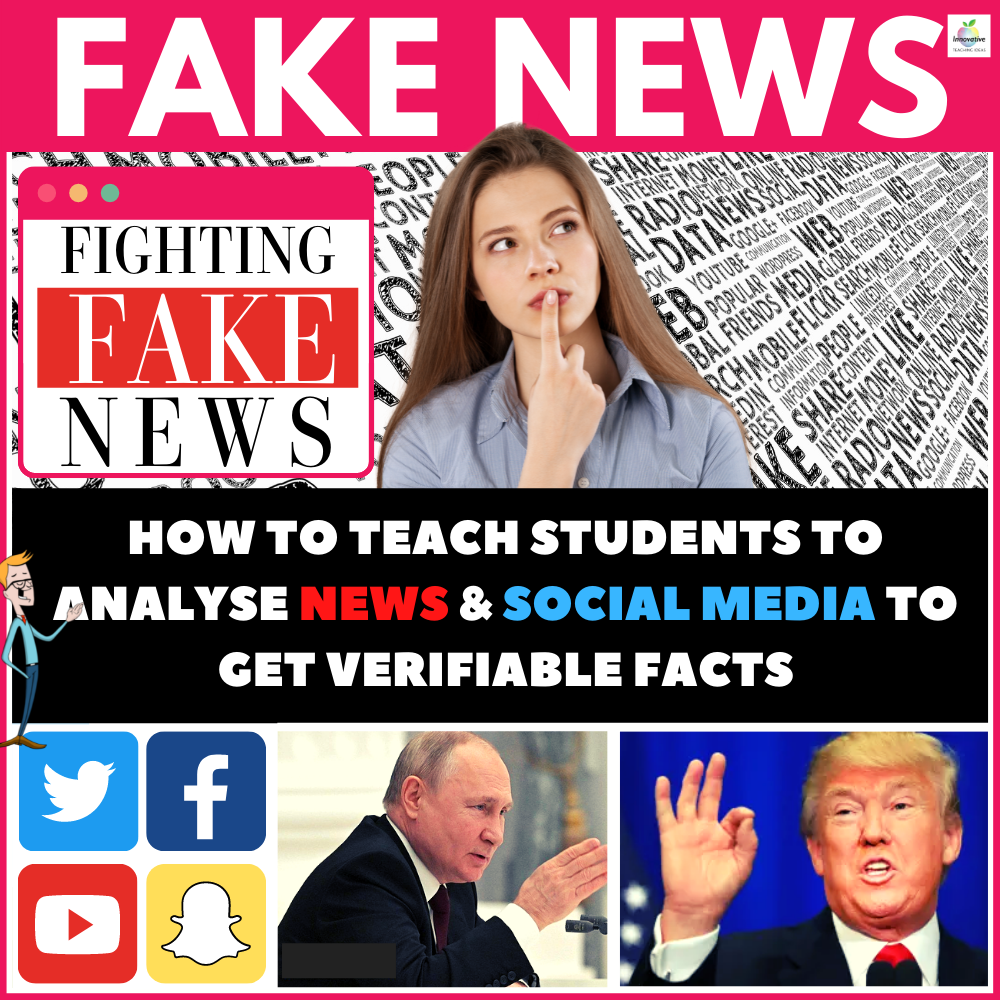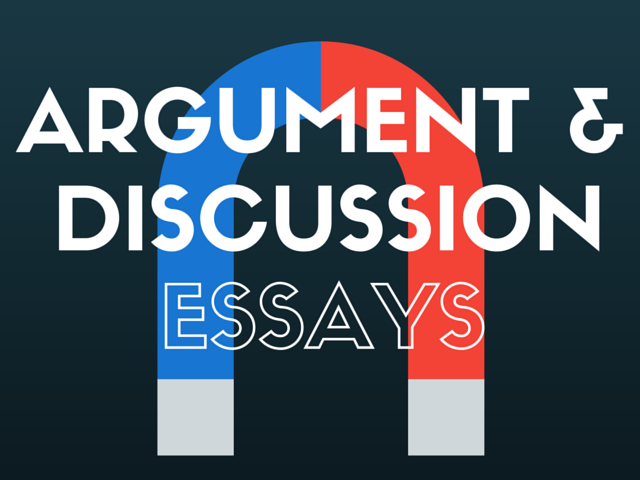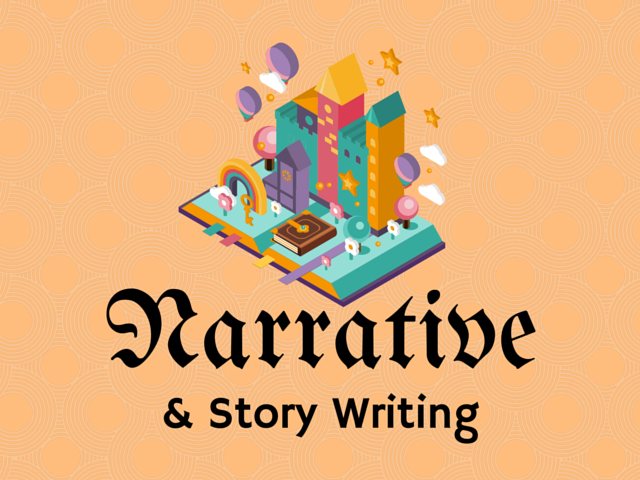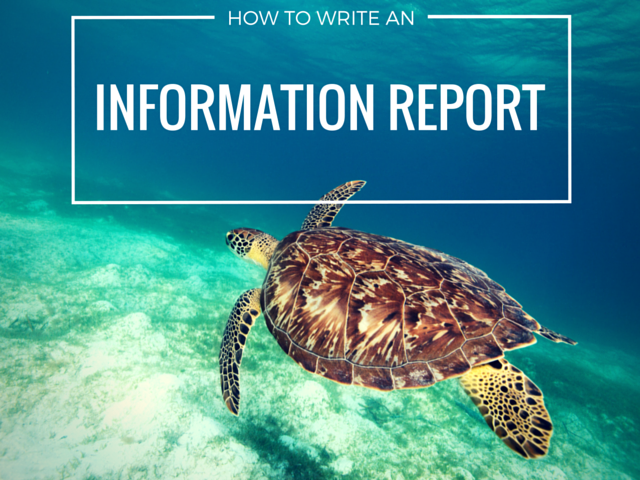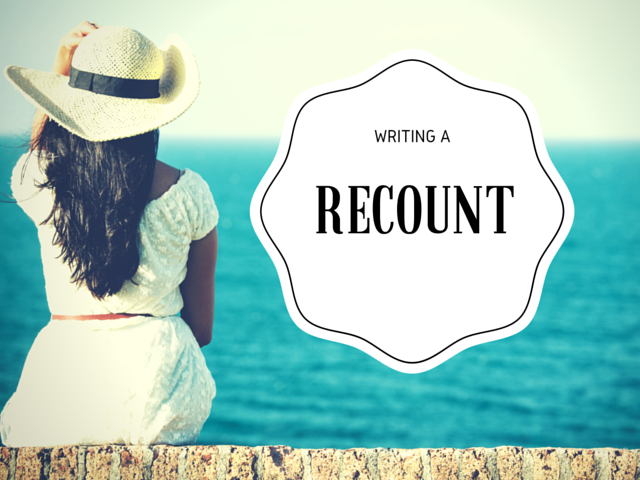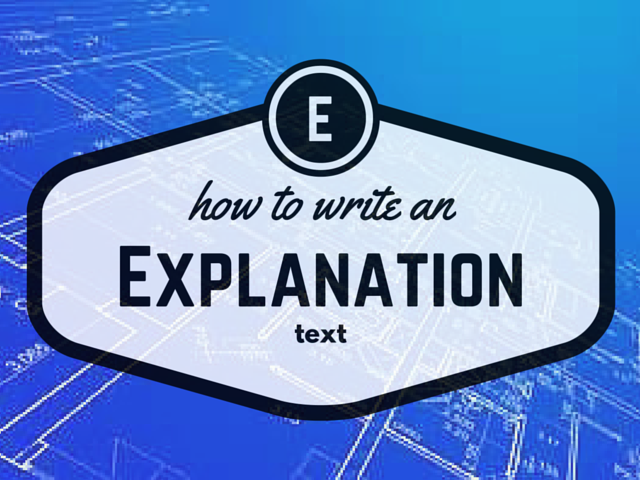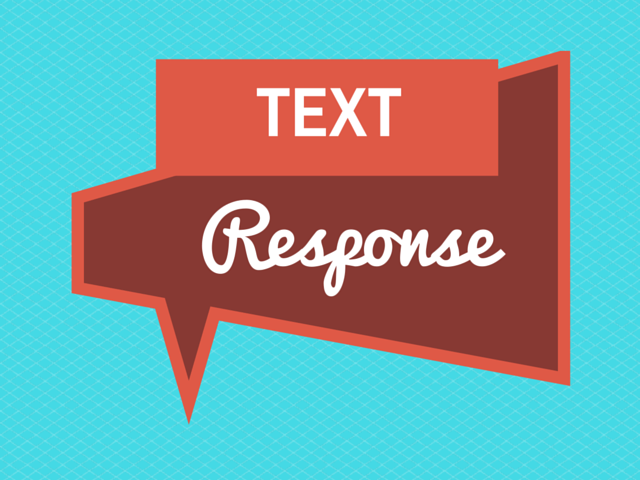The best educational wikis of 2011
/With the announcement of the 2011 Edublog Award winners, there are now two more award-winning wikis in the Wikispaces community. And we couldn’t be prouder!
 ICTmagic
ICTmagic
First place for the 2011 Best Educational Wiki went to Martin Burrett for his ICTmagic wiki. It’s a truly inspiring collection of IT resources for students and teachers, and it’s sure to give you more ideas than you could possibly have time to try. ICTmagic was also our Featured Wiki last August, so you can read more about it in Martin’s own words.
Resources for History Teachers
 Second place went to Robert Maloy of the University of Massachusetts Amherst. His Resources for History Teachers began as part of a class in 2006. Then, in the best tradition of all great wikis, it grew through the combined efforts of Professor Maloy’s students, along with K–12 educators and students from around the world, into a rich, multimedia, cross-referenced sourcebook for anyone interested in teaching or learning about history.
Second place went to Robert Maloy of the University of Massachusetts Amherst. His Resources for History Teachers began as part of a class in 2006. Then, in the best tradition of all great wikis, it grew through the combined efforts of Professor Maloy’s students, along with K–12 educators and students from around the world, into a rich, multimedia, cross-referenced sourcebook for anyone interested in teaching or learning about history.
We were also very excited to see that many of the people we have previously profiled on this blog were nominated for Edublog Awards, including Andrew Churches of the Educational Origami wiki, Gwyneth Jones of the Daring Librarian wiki, Shawn Avery of the Student Math Movies wiki, and Craig Kemp of the Ruma Tahi wiki.
And congratulations to Linda Yollis, winner of the Most Influential Blog Post award, whose Educational Blogging wiki we featured in November.
In fact, we want to extend our heartfelt congratulations to all the Edublog winners and nominees, across all the categories. The amazing educational content you are constantly creating and sharing all over the Web makes our work more satisfying, and inspires endless conversations around the office. Be sure to check out all the winners and nominees for yourself.


 Kevin Cummins
Kevin Cummins


